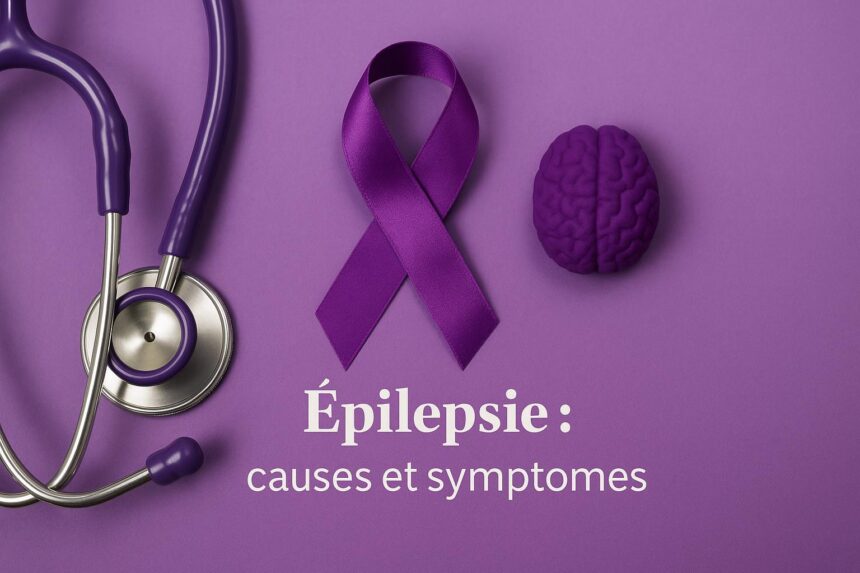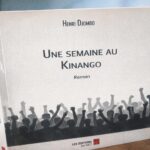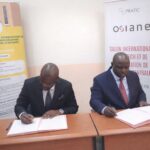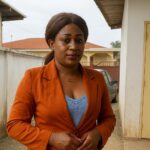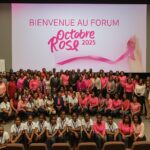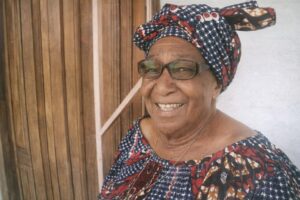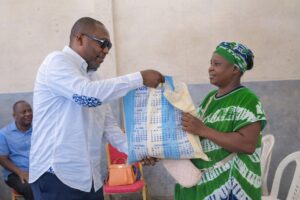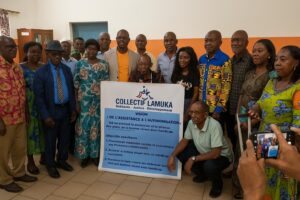Brazzaville hosts three-day medical summit
Brazzaville will pulse with white coats and lab notebooks from 28 to 30 October, as the Congolese Society Against Epilepsy (SCCE) stages its first Scientific Days devoted to post-stroke epilepsy, an often-neglected condition that experts say deserves urgent, coordinated attention.
- Brazzaville hosts three-day medical summit
- Why post-stroke epilepsy matters
- Program built around concrete skills
- Young researchers in the spotlight
- Talking about seizures without fear
- Government and partners welcome initiative
- How to follow the Scientific Days
- What comes after 30 October
- At a glance for families
For three days, university halls, hospital amphitheatres and even community centres will host workshops, interdisciplinary panels and live demonstrations designed to sharpen diagnostic skills, refine rehabilitation techniques and, above all, chip away at the stigma that still surrounds seizures after a vascular accident.
Why post-stroke epilepsy matters
Post-stroke epilepsy is one of the most frequent neurological complications recorded after an accident vascular cérébral, the SCCE reminds. Yet many patients leave hospital without clear follow-up, because imaging tools are scarce and few practitioners have formal training on seizure semiology linked to stroke lesions.
The result can be months of unexplained fatigue, sudden loss of autonomy or repeated falls, symptoms families often attribute to “bad luck” rather than late-onset seizures. SCCE president Dr Pauline Kanza calls the situation “a silent burden we can no longer ignore”.
Program built around concrete skills
Each morning of the event, radiologists will guide small groups through computed tomography and magnetic resonance images, pointing out subtle scars that suggest an epileptogenic focus. In the afternoon, neurologists will stage simulated consultations to practise counselling patients in Lingala, Kituba and French.
Physiotherapists, meanwhile, will demonstrate low-cost exercises that can be reproduced at home to regain balance after a stroke. The goal, organisers insist, is to link high-tech diagnostic thinking with everyday realities faced by families once hospital beds are left behind.
Young researchers in the spotlight
A dedicated research atelier will walk interns and masters students through the skeleton of a clinical protocol: framing a question, choosing a study design, securing ethics approval and analysing data. Senior mentors promise hands-on feedback so that no idea remains stuck in a notebook.
According to SCCE organisers, nurturing local investigation is crucial for long-term progress. “Evidence from Europe or Asia does not always reflect the vascular profiles we see in Congo,” notes Dr Kanza. “We need our own statistics to convince decision-makers and donors.”
Talking about seizures without fear
Beyond laboratories, a communication panel will craft simple messages to help communities distinguish epilepsy from witchcraft or mental illness. Linguists and sociologists will test wording that avoids alarm while stressing that medication and physiotherapy can stabilise most cases.
The panel plans radio jingles, short videos for mobile sharing and a “seizure first-aid” card that could slide inside wallets. Community health workers will be invited on stage to check if these tools fit the realities of Makélékélé, Poto-Poto or Vindoulou.
Government and partners welcome initiative
Representatives from the Ministry of Health are expected at the opening ceremony to underline the strategic value of local expertise. An official from Brazzaville University Hospital told our newsroom the ministry “views the SCCE meeting as a seed for a broader stroke-care plan”.
International guests remain limited this year, the society admits, but remote greetings from specialists in Dakar and Abidjan are scheduled via video link. Organisers argue that keeping the spotlight on Congolese speakers helps boost confidence and fosters solutions anchored in the national health system for years ahead.
How to follow the Scientific Days
The SCCE promises a live stream on its Facebook page during keynote sessions, alongside instant photo galleries for those scrolling on mobile data and on WhatsApp groups. Daily summaries will also air on Radio Santé, making sure taxi drivers and market vendors can tune in after work.
Admission to most activities is free, but registration desks outside the Marchand auditorium will cap numbers to keep workshops interactive. Students must show a university badge; all others simply present an ID. Masks and hand-sanitiser stations will remain available as a routine precaution.
What comes after 30 October
Once lights dim, the SCCE intends to circulate an action brief summarising best practices agreed during the three-day forum. The document, to be co-signed by hospital directors and professional orders, will argue for more EEG machines and specialised fellowships in vascular epilepsy in facilities nationwide.
Dr Kanza says follow-up audits are already pencilled for January to check how many recommendations translate into ward routines and monthly dashboards. “We want measurable wins, not just conference selfies,” she insists, echoing the pragmatic tone that has marked the planning of this inaugural edition.
At a glance for families
For caregivers unable to attend, doctors advise noting any new jerking movement, confusion or sudden stare in a stroke survivor and seeking medical counsel promptly. Early recognition, they stress, can spare patients secondary injuries and improve the odds of regaining independence.
The SCCE hopes that repeating such basic alerts across airwaves, churches and sports clubs will normalise conversations about epilepsy. As Brazzaville prepares to welcome hundreds of white coats, the ultimate goal remains simple: letting survivors of stroke live without fear of the next seizure.

